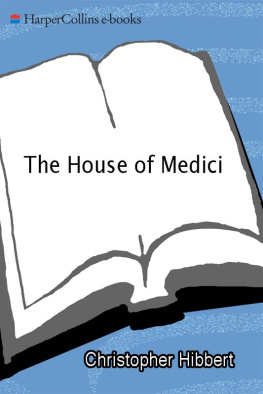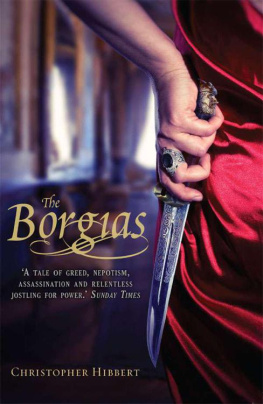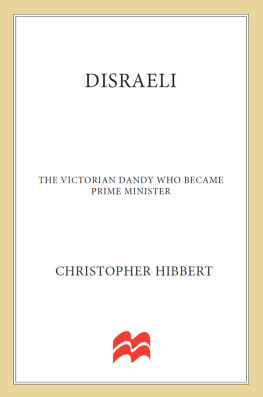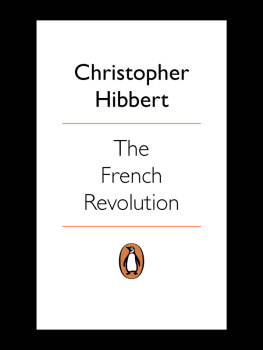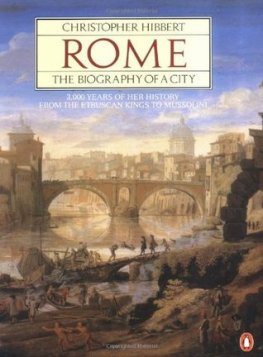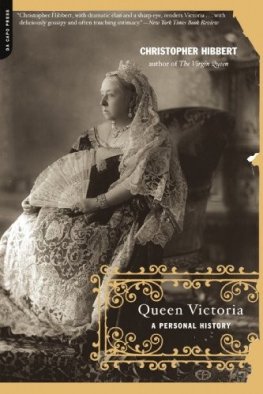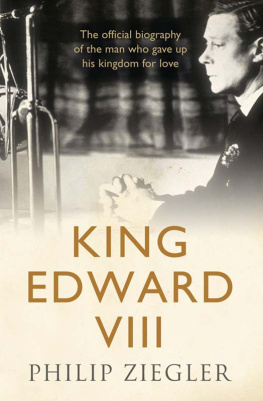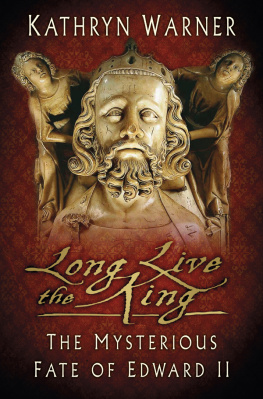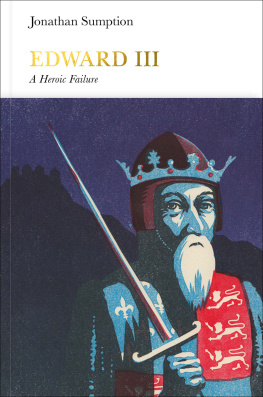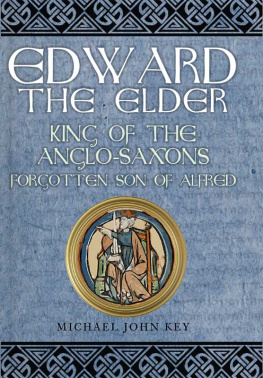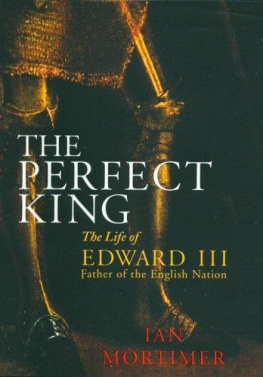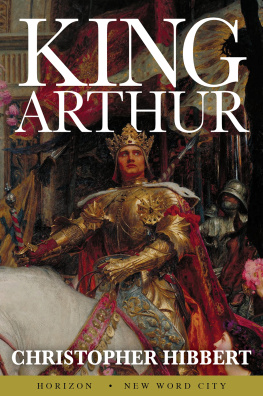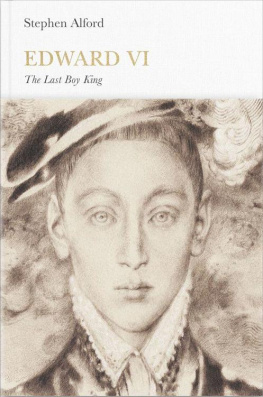Christopher Hibbert
Edward VII: The Last Victorian King
Christopher Hibbert is one of the last of that generation of war heroes of the 1940s. He gained a Military Cross (MC) in Italy and then, after a false start as an estate agent, has devoted his life to the reconstruction of the past by a series of splendid works. The Destruction of Lord Raglan in 1961 marked the beginning of my own appreciation of his works. He has written principally of English history but not exclusively so. I have never met Mr. Hibbert but I know that he lies in Henley-on-Thames, and I imagine his enviable riverine but book-lined house in that elegant country town, within easy reach of great libraries in Oxford and London.
Mr. Hibberts life of Edward VII is a triumph of biography. The main lines of Edwards life are elegantly chronicled and, though Mr. Hibbert has a wonderful eye for stories, he never intrudes these irrelevantly on us, but makes them illustrate some characteristic of his subjects life.
Edward Bertie to his family had his weaknesses. He was excessively concerned with the niceties of correct dress. He was obsessed by punctuality. He had a bad temper. He read few books and so was disliked by the great writers of his age: James, Kipling, Beerbohm thought him gross. He was superstitious, usually a bad substitute for religion.
But he loved dogs: always a good sign. He had a great sense of humour provided it was not he who was being laughed at. He loved Indians, Jews, and children. He was loyal to his friends. He was not snobbish. His memory for people was remarkable. He travelled a great deal, in three continents, and was as great a public success in the United States as he was in India though his great love was France where he was completely at home. Mr Hibberts description of Edward in Marienbad is a brilliant little essay. So is what he writes of the construction of the Entente Cordiale, one of the most important friendships in European history.
Edward spoke well without notes: another sign of quality. His French and German were excellent. He loved racing and the mixed society which he met on the glorious uncertainty of the turf. His instincts were usually to be tolerant of mistakes. He was tactful. He often complained about the policies of his governments but, as a constitutional monarch, put up with them. Though never on good terms with his mother Queen Victoria, and treated strictly by his German father the Prince Consort, Edward was a friendly parent to King George V. Indeed the latter said a fascinating monarch but of an age just before the suicide of European civilisation in 1914.
Hugh Thomas
Authors Note and Acknowledgements
A new study of King Edward VII seems to demand some apology, not to say warning. When I first began to write it the King was not such a wellknown figure as he has since become. But a popular television series and several recent biographies have combined to ensure that the outlines of the story contained in the following pages will already be familiar to many of their readers. I have, however, not been detected from my original purpose, which was to present a fresh study of Edward VII based on as much new material as I was able to assemble, and to add as many unknown or little-known details to the portrait of the man whose career has been so conscientiously chronicled by Sir Sidney Lee and so ably described by Sir Philip Magnus. I have covered again some welltrodden fields; but even those readers who know them well will, I hope, be rewarded by discovering some clumps of hitherto disregarded clover amidst the familiar grass.
I wish to thank her Majesty the Queen for gracious permission to reproduce material from the photograph collections in the Royal Archives.
For allowing me to consult their family papers and other unpublished material I am most grateful to the Duke of Devonshire and the Trustees of the Chatsworth Settlement, the Duke of Richmond and Gordon, the Duke of Northumberland, the Duke of Wellington, the Duke of Westminster, the Marquess of Salisbury, the Earl of Clarendon, the Earl of Rosebery, Viscount Downe, Lord Carrington, Lord Armstrong, Sir William Gordon Cumming and Brigadier Llewellen Palmer.
For helping me with the relevant papers I want to thank Mr T.S. Wragg, the Duke of Devonshires librarian; Mr D. Legg-Willis, House Manager at Goodwood, and Mrs Patricia Gill, West Sussex County Archivist; Mr D.P. Graham and the staff of the Northumberland Estates Office; Miss Joan Wilson, the Duke of Wellingtons librarian; Mr G. Acloque of the Grosvenor Estate Office; Dr J.F.A. Mason, Librarian of Christ Church, Oxford, who had charge of the Salisbury Papers; the Keeper of Western Manuscripts and his staff at the Bodleian Library, Oxford, in whose care are the Clarendon Papers and photocopies of the Lincolnshire Papers; Mr Patrick Cadell of the Department of Manuscripts, National Library of Scotland, where the Rosebery and Gordon Cumming Papers have been deposited, and Mr M.Y. Ashcroft of the County Record Office, Northallerton, in whose care are the Downe Papers.
Papers at Aylesbury; the Gibbs Papers at Oxford; and the Wharncliffe Correspondence at Sheffield.
I would, accordingly, like to express my thanks for their help to Mr J. Keith-Bishop and the staff of the Durham County Record Office; Mr J.E. Fagg and Dr J.M. Fewster of the Department of Palaeography and Diplomatic, University of Durham; Dr F. Hull, the Kent County Archivist; Mr A.E.B. Owen, Under-librarian at Cambridge University Library; Miss L.E. Thomas, Assistant Archivist at the County Record Office, Huntingdon; Mr J.M. Farrar, the Cambridgeshire County Archivist; Mr W.R. Serjeant, of the Ipswich and East Suffolk Record Office; Mr E.J. Davis, Buckingham County Archivist; Miss S.J. Barnes of the Oxfordshire Record Office; and Mr John Bibbington of the Sheffield City Libraries.
I have also to acknowledge the generous help of Messrs Holden, Scott & Co. and Messrs Rollit, Farrel & Bladen, solicitors of Hull; Mr E.A. Bellamy, Librarian at the National Motor Museum, Beaulieu; Miss M iri Macdonald of the Harrowby Manuscripts Trust; Mr Hugh H. Cundey of Messrs Henry Poole & Co. (Savile Row) Ltd; Mrs Mollie Travis, Archivist at Broadlands; Dr Frank Taylor of the John Rylands Library, Manchester; Mrs J. Percival, Archivist at University College, London; Mr J.M. Collinson of the Leeds City Libraries; and the County Archivists and their staffs at Newcastle upon Tyne, Carlisle, Beverley, Barnsley, Winchester, Chester, Warwick, Taunton, Norwich, Lincoln, Guildford, Gloucester, Reading, Hertford and Northampton. I am further grateful to Mr E.J. Priestley, Assistant Keeper of the Merseyside County Museums, Liverpool.
I would also like to thank the Hon. Georgina Stonor; Earl of Crawford and Balcarres; Lord Barnard; Lord Montagu; Lord Hastings; Lady Hamilton; Sir Roualeyn Cumming-Bruce; Captain Gordon Fergusson; Lord Hardinge of Penshurst; Mr E.H. Cornelius, Librarian of the Royal College of Surgeons of England; Sir Robin Mackworth-Young, the Queens Librarian; the Librarian of New Scotland Yard; Mr C.H. Graves of Messrs Davies & Son; Mr Philip Howard; Mr David Higham; Dr A.J. Salmon; Miss Elaine Mallett of the Lord Chamberlains Office; Mr F.G. Lintott of Messrs H. Huntsman & Sons Ltd; Mrs Lucy Pinney; and Miss Frances Dimond, Assistant Registrar, the Royal Archives.
I am most grateful also to Mrs Stewart Ryan for reading newspapers for me in the Newspaper Library at Colindale, and to Mrs Joan St George Saunders for working for me in the British Museum, the Public Record Office and the House of Lords Record Office.
The Chef du Cabinet du Prefet de Police in Paris kindly made arrangements for me to see the police dossiers on the Kings movements and activities when he was in France; and I am much indebted to Mme Jeanne Harburger of the Bureau des Archives at the Prefecture de Police for her help when I was in Paris.



